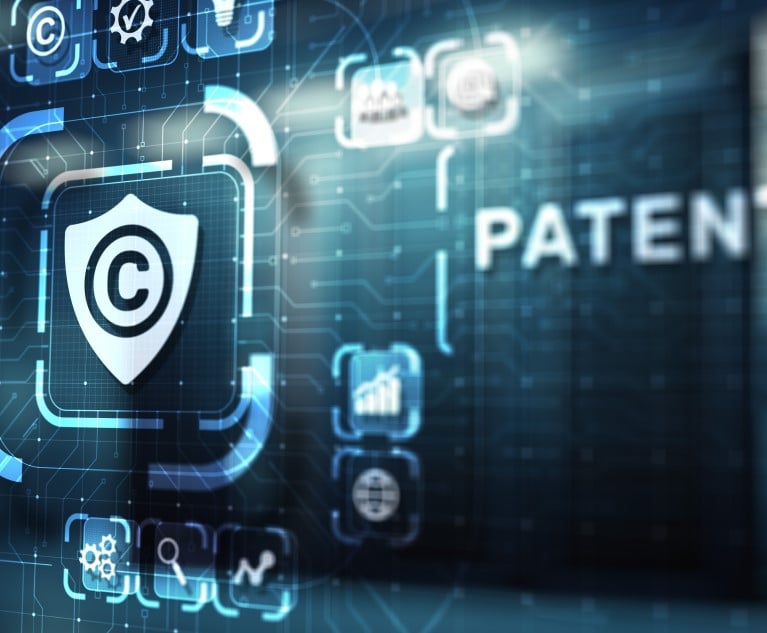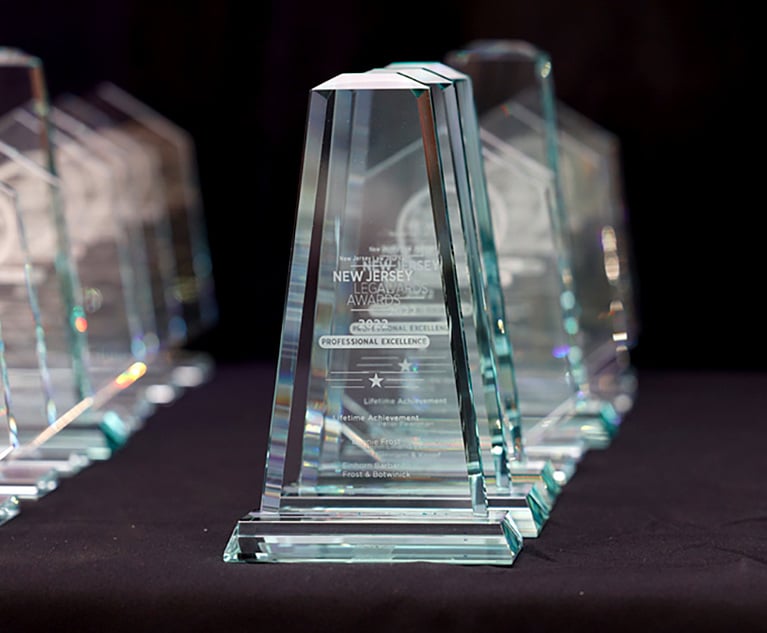To answer the question that is surely on everyone’s minds: Yes, the Socratic method can be done virtually.
 In all seriousness, I don’t really know where to begin my attempt to describe the law student response to the coronavirus crisis. It seems silly to categorize any experience right now as a “law student’s experience,” because the pandemic has sent identifiers like “law student” to the back-burner.
In all seriousness, I don’t really know where to begin my attempt to describe the law student response to the coronavirus crisis. It seems silly to categorize any experience right now as a “law student’s experience,” because the pandemic has sent identifiers like “law student” to the back-burner.
Now, the only identifiers that seem to make a difference are “healthy” and “sick,” “essential” and “nonessential,” “sheltered” and “vulnerable,” and the like. Everything is different here, because everything is different everywhere. Basically, the fact that my audio cut out during one of my virtual criminal procedure classes truly could not matter less.
With that backdrop of irrelevance in mind, I’ll nonetheless offer my law school-related observations of the pandemic. I feel it’s important to note that I am writing this in early April—based on the rate of change so far, the whole concept of “law” might cease to exist by the end of the month and this piece will be moot.
In terms of classes, I have been pleasantly surprised at the relative smoothness of virtual learning. The Socratic method apparently cannot be killed by the coronavirus, as long as you have a patient professor with a good internet connection. My classes are still well-attended, and my classmates are still doing the best work they can.
Yet online classes are only as effective as the people in them, and the impact of the virus on life outside of class will prevent many, if not all, students from being able to participate as they normally would.
And so the keepers of legal education have finally, grindingly, arrived at the consensus that any grades from this semester would be essentially meaningless (even more meaningless than the typical curved law school grade, that is). My Michigan Law classmates and I were informed last week that Michigan would join most of its peers in adopting a mandatory pass/fail policy, just seven days after the administration had reassured us of its confidence in the optional pass/fail policy.
I don’t blame the administration for the abrupt change. To the contrary, I think they showed a lot of empathy in making the initial switch to optional pass/fail, and I appreciated their willingness to change course as needed, even when it made their earlier communications look a bit foolish. And I think the switch to mandatory pass/fail will prove to be beyond reproach as the situation continues to worsen.
That said, the mandatory versus optional distinction was highly divisive, and many students on each side felt very strongly about it. From the first day classes were moved online to the days after the latest grading policy was announced, there were many hostile emails to be found in the Michigan Law student Listserv. The whiplash from one decision to the other probably didn’t help. Sometimes students directed their anger at the administration; sometimes they directed it at one another.
I also don’t blame any of them for lashing out. Law students are an anxious people. We’re trained to “issue spot”—basically, to identify everything that could possibly go wrong. We carefully plan out our classes to minimize the risk of those things going wrong, to best position ourselves for the jobs we want. For many students, the grading change upended those plans. And now as bar exams are postponed and summer employment programs are cut back—or outright canceled—more and more things are going wrong, for even the most meticulous planners.
Law students are not unique in their anger, of course. People across the country are variously directing vitriol at the U.S. government, at the Chinese government, at the media, at people who go outside, at people who hoard toilet paper. Some of these criticisms are more warranted than others, but the desire to blame someone is widespread. Blaming a person or institution is much easier than accepting the tragic reality, much of which is beyond anyone’s control.
Fortunately, at Michigan Law and beyond, I think compassion has generally managed to outpace anger. I don’t need to tell you about the bravery of every health care worker, or link to any of the thousands and thousands of online posts about people helping those who need it most.
I could write a long list of examples of profound kindness I’ve seen in my Michigan Law community alone. For every mean email on the law student Listserv, there are 20 nice ones. Not that emails matter nearly as much as, for example, the clinical students working to provide resources to the newly unemployed or to seek early release for people in virus-ridden jails and prisons, or the students working hard every day to keep their loved ones safe.
The compassion of the law school faculty has been particularly uplifting. My professors begin every class by emphasizing that they here for us and encouraging us to reach out. And they mean it. As a group, the faculty coordinated a schoolwide effort to have one professor reach out individually to every single student to check in. Several professors have tweeted offers to pick up groceries for students without cars. And after the cancellation of Michigan Law’s annual auction that helps fund students’ public interest summer internships, faculty and administrators contributed a collective gift of $30,000 to the program to make up for the financial loss.
The gist: My law school community is handling the crisis in the same way as most other communities—with anger as well as with compassion, with fear as well as with resilience.
Renee Griffin is a second-year student at the University of Michigan Law School.
NOT FOR REPRINT
© 2024 ALM Global, LLC, All Rights Reserved. Request academic re-use from www.copyright.com. All other uses, submit a request to [email protected]. For more information visit Asset & Logo Licensing.

 Photo: Shutterstock.
Photo: Shutterstock.







